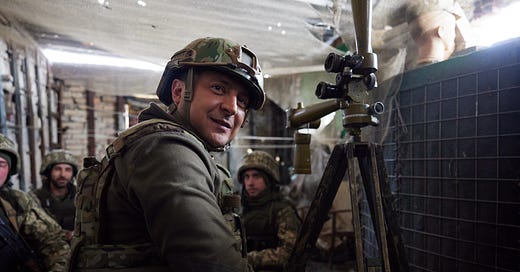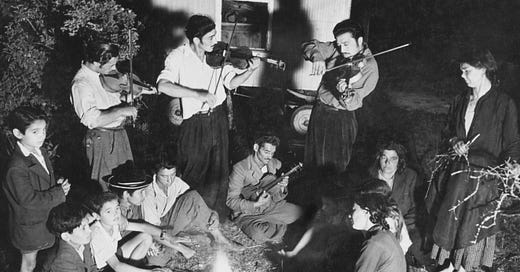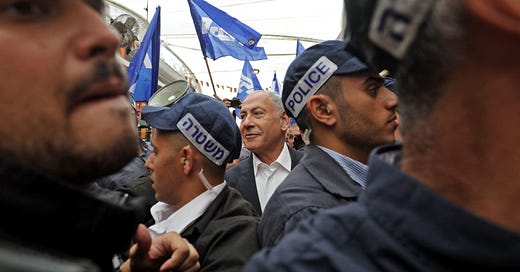Things Worth Fighting For

Ukrainian President Volodymyr Zelensky visits troops in Donetsk on February 17, 2022. (Anadolu Agency via Getty Images)
What we can learn from President Zelensky.
826
Hi friends — A little warning: This is a long one. I had a lot to say. If you’d rather listen to this essay, just click right here:
Enjoying the story?
Enter your email to read this article and receive our daily newsletter.
Error
Already have an account?
Sign In














